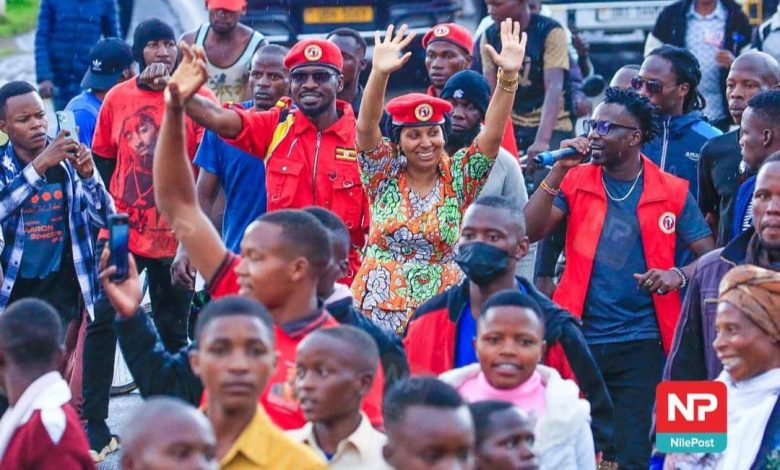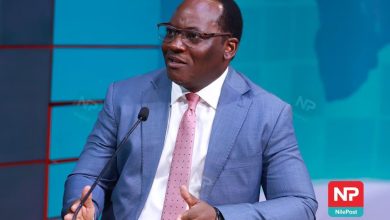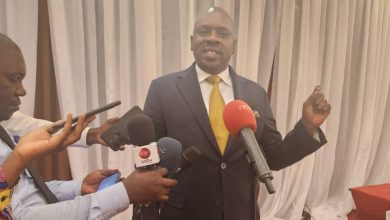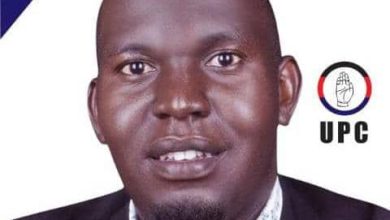NUP Slams Kisoro By-election Campaign Period as ‘Unfair’

The by-election, held in a district with 24 sub-counties, posed a significant challenge for candidates seeking to engage with voters across such a wide and dispersed area.
The National Unity Platform (NUP) leader, Robert Kyagulanyi, also known as Bobi Wine, has strongly criticised the 11-day campaign window for the Kisoro District by-election, alleging that it was deliberately structured to disadvantage opposition candidates.
The by-election, held in a district with 24 sub-counties, posed a significant challenge for candidates seeking to engage with voters across such a wide and dispersed area.
Mr Kyagulanyi expressed his concerns on social media, stating, “Candidates had only 11 days to campaign in a district with 24 sub-counties. This was clearly intended to benefit the NRM candidates.”
He emphasised the impossibility for opposition candidates to effectively campaign within such a tight schedule, questioning how anyone could connect with the electorate in such a short time.
The NUP president also criticised the Electoral Commission for ignoring the opposition’s formal protest regarding the shortened campaign period.
“We wrote a protest letter to the Electoral Commission, but they took no action,” Mr Kyagulanyi said.
He believes the commission’s failure to address these concerns is part of a broader pattern of favoring the ruling National Resistance Movement (NRM).
Mr Kyagulanyi argued that the 11-day window was not an isolated issue but part of a deliberate strategy to suppress opposition votes and create an unfair advantage for NRM candidates.
He referred to similar incidents in previous elections, where opposition candidates reported efforts to reduce their winning margins, which gave the false impression that they lacked broad public support.
“In several places where we had massive support, they would try to reduce the winning margin for the Members of Parliament in order to justify the reduction of votes for President,” Mr Kyagulanyi said, citing areas like Wakiso, Kampala, and Butambala.
On the election day itself, Kyagulanyi accused NRM officials of attempting to undermine the opposition further by bribing polling agents.
“By 10am, regime officials started reaching out to our polling agents with money, telling them that if they resisted, they would be arrested,” he claimed.
He suggested that this led to some polling agents abandoning their stations, which, in his view, allowed for the manipulation of the vote count.




